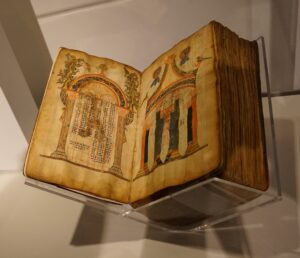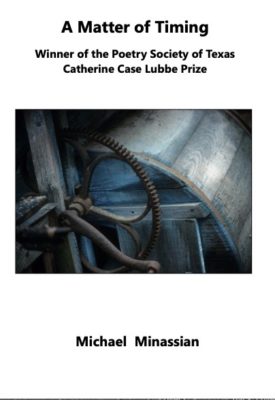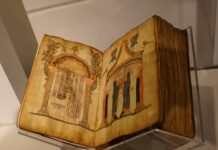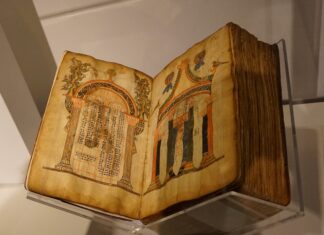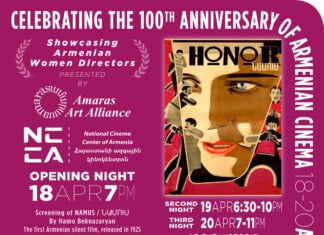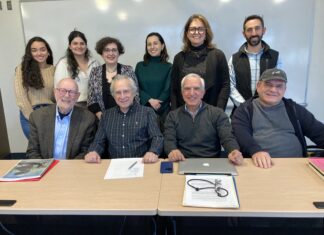Like many modern nation states, the United States of America was founded in genocide, upon the eradication of its indigenous population — in this case Native Americans. Our country was then physically built and enriched off the labor of millions of black African slaves and white indentured servants. All these groups then suffered generations of intergenerational poverty and trauma, the effects of which are still being felt today from white Appalachia to the black ghettos of urban America. In A Matter of Timing Michael Minassian seeks to lay bare this history from the standpoint of both perpetrator (he is Caucasian) and victim–he is Armenian, the indigenous Anatolians whom the Young Turks attempted to wipe out inn order to establish a monoethnic Turkish Republic. These poems limn topics of importance without righteous indignation—heartfelt and well-crafted, they received the 2021 Catherine Lubbe Prize in Poetry.
The reader welcomes the forthrightness of Minassian’s pen — he is direct and doesn’t shy away from calling a fig a fig or a trough a trough. At the same time, he delivers verse rich in metaphor and symbolism starting from the very first poem, “Tribes”:
“I dreamt that the trees
had organized themselves
into tribes
